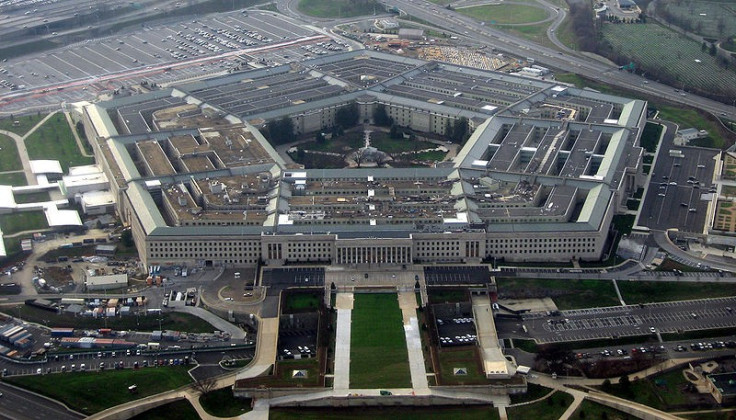Hacking the Pentagon: US Military sends open invitation to attack the federal network

The US Defence Department has announced a new pilot programme set up to test the cybersecurity standards of public-facing government websites by giving a selection of hackers the opportunity to use their cunning skills to try and breach, deface or exploit its networks.
The initiative, coined 'Hack the Pentagon' is set to launch in April and has been modelled after the popular 'bug bounty' programmes offered by technology giants such as Google, Facebook and Microsoft that reward programmers, coders and white-hat hackers for reporting serious security flaws.
However, before Snowden, Assange and the PLA get too excited the Pentagon has made sure to stress that the project will only be open to vetted US citizens that have undergone a thorough background check before being let loose on federal networks. Sensitive systems or key weapons programmes will not, at least initially, be included in the project.
"The goal is not to comprise any aspect of our critical systems, but to still challenge our cybersecurity in a new and innovative way," a senior defence official told Reuters, before adding that thousands of qualified participants are expected to take part. While the federal government has long employed the use of so-called 'Red Teams' to test its networks for security concerns, 'Hack the Pentagon' marks the first time the opportunity has been opened to academics and the cybersecurity industry.
"I am confident that this innovative initiative will strengthen our digital defences and ultimately enhance our national security," Defense Secretary Ash Carter said in a statement unveiling the program. The hacking initiative is being led by the Pentagon's Defense Digital Service (DDS) which was set up late last year with the aim of enticing technology experts to work alongside the US military on short-term projects.
The news comes following a number of high-profile hacks against the US government including one recent major cyberattack that hit agencies including the DoD, FBI and Homeland Security. Furthermore, the US defence department recently announced plans to ramp up its offensive cyber-operations against the Islamic State (IS), also known as Daesh, to help combat the rising tide of propaganda the terror group is spreading online.
© Copyright IBTimes 2025. All rights reserved.






















